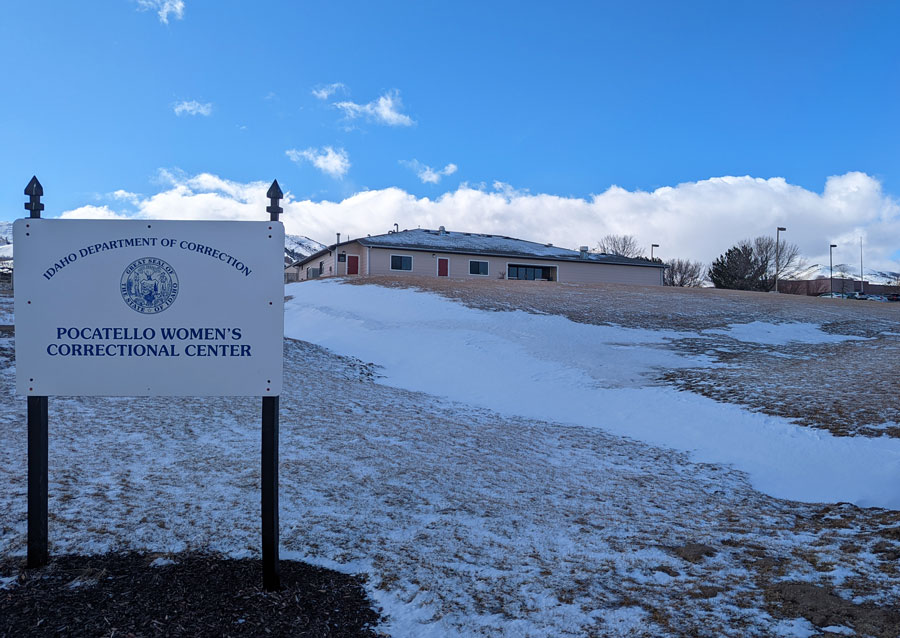Housing facility focused on transitioning prison inmates back to society planned for Pocatello
Published at | Updated at
POCATELLO — A facility designed to aid prison inmates’ transition back to normal life is planned for Pocatello.
The 100-bed facility will house male inmates during the final 12 to 18 months of their prison sentence, according to Pocatello-Chubbuck Chamber of Commerce CEO Matt Hunter. While there, the men will find jobs and begin the transition back to life outside of prison.
“Hopefully, after the 12 to 18 months in the facility, they’ve got a job, they’ve got some money, they can come out connected with their work community and not go back to their old community and their old friends, and all those problems,” Hunter told EastIdahoNews.com.
As Hunter explained, there are similar successful facilities throughout the state, including one that serves female inmates on the verge of release from the Pocatello women’s prison.
And the given current business climate, this is an especially needed program.
“Frankly, our employment situation right now is not a bad situation — (but) we could use 100 more employees (to work jobs in our community),” he said.
Hunter is fully aware of the potential drawbacks of such a program. He understands that, on the surface, this sort of facility would appear to bring criminals into the community.
However, the men at the facility who are employed outside of it will be transported to and from work by correctional officers and will be monitored. Some of them will also be hired to maintain the housing facility for the Idaho Department of Correction.
Hunter also points to the fact that, upon completion of a prison term, inmates are already being released into communities like Pocatello without the resources this facility provides.
“Right now those men are just coming here and being released into the community — no job, no place to live,” he said. “They’re still going to probably be in the probation or parole system for a while, but (with this program) they’ve already got that job and they’ve already sort of reconnected into the community. That’s why, in my opinion, it’s a very positive program.”
Programs like this one help convicted criminals avoid the life that sent them down the path to prison, Hunter said.
Funding for the facility is in appropriation stages in the state legislature, according to Hunter. The funding is built into the governor’s plan, but where precisely it comes from has yet to be decided.
Hunter is hopeful a decision will be made soon — within the next month or so would be the soonest — at which point the planning stage can begin.
Right now, a location has not been selected meaning even an estimated timetable cannot be determined.
There is a general idea for a location, Hunter said. The facility will most likely be developed in an industrial zone, rather than residential.
“We think this is a great idea,” Hunter said in conclusion.



